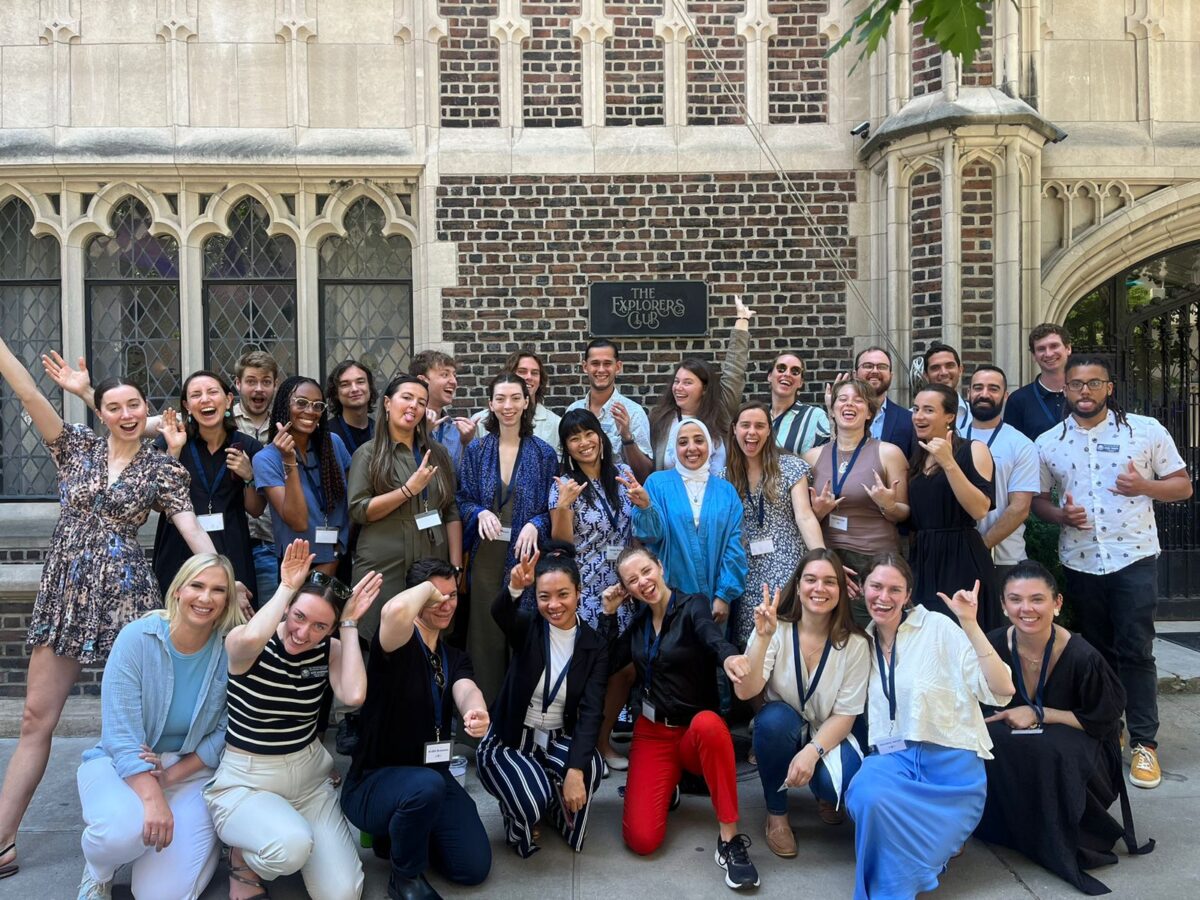
Blue generation is a symposium held for global young marine professionals to come together to mingle, learn and share knowledge around saving our oceans. It was an absolute blast to be a part of and I’m honoured to have participated and met so many amazing people.
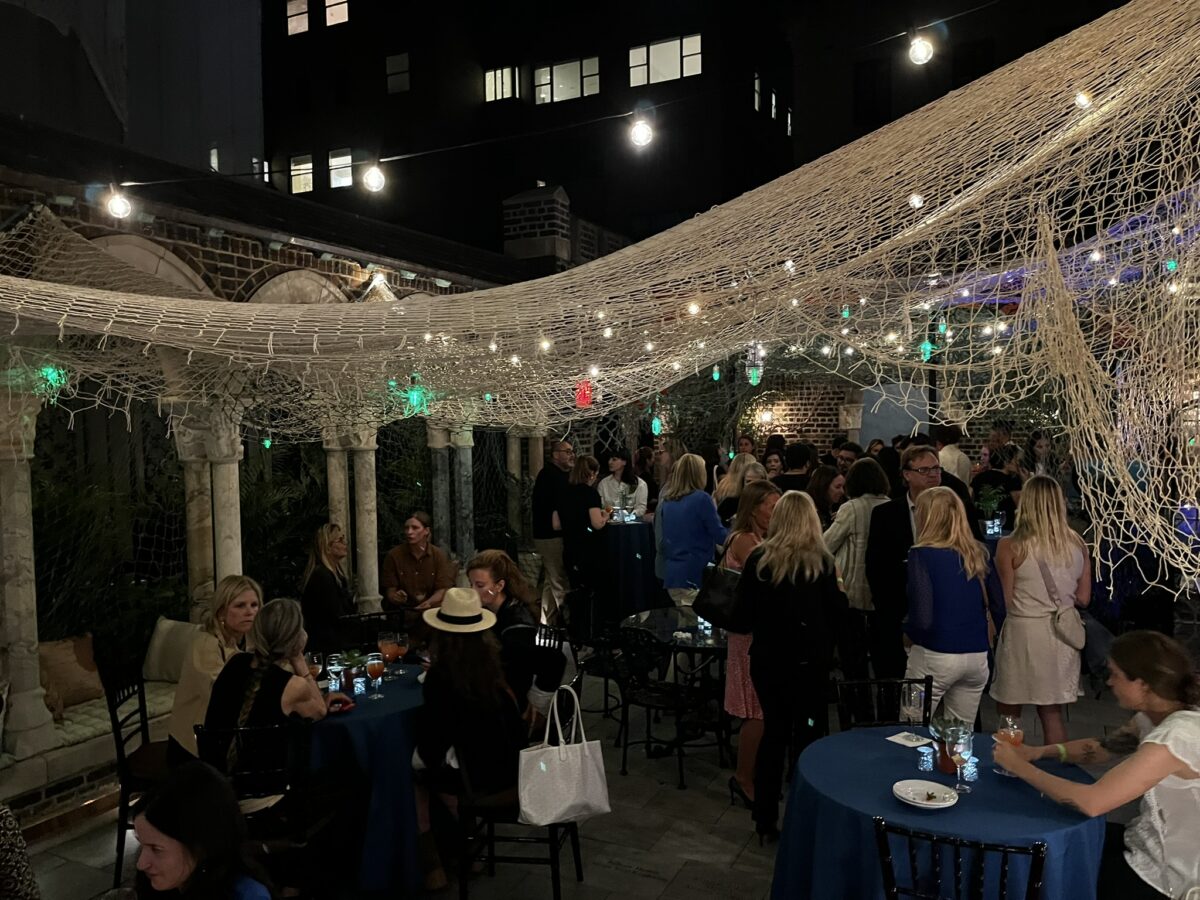
Just under 30 participants from 10 countries across the world came together to learn. We had lectures on ocean governance, maritime law, philanthropic investing, innovative conservation management, stakeholder engagement in developing countries, marine ecology, indigenous involvement in protection and many more topics!
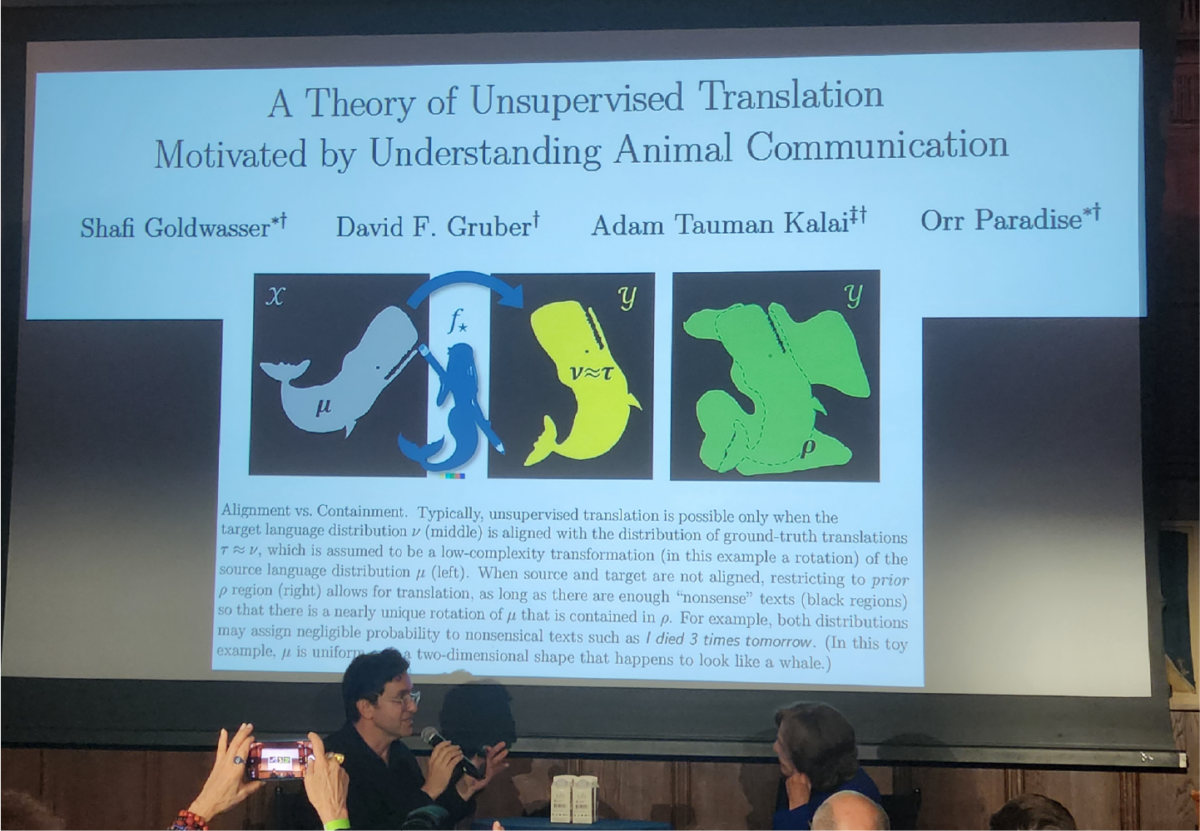
One of my favourite talks was Dr. David Gruber chatting with her deepness Dr. Sylvia Earle about one of his recently published papers on decoding sperm whale languages. They utilised over 300,000 clicks of whales ‘talking’ to train an algorithm to decode their language into an alphabet. Meaning, we may soon be able to listen to whales, and perhaps talk to them?! If that isn’t blowing your mind, what will? The fact that modern tech enables this is astounding, and it’s only the beginning of its applications towards ecology which excites me (in case you couldn’t tell)!
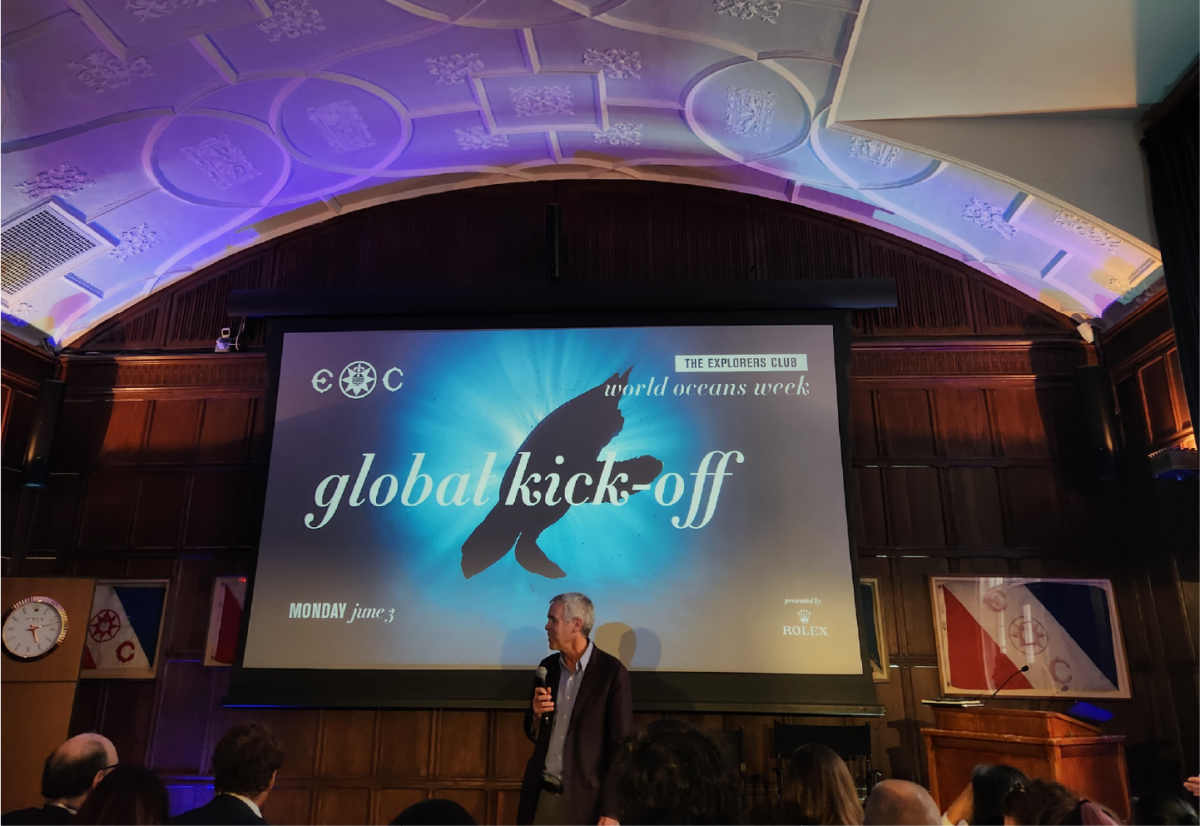
The program overlapped with World Oceans Week, which is celebrated widely around the globe by the United Nations. Several members of the UN engaged us throughout the week in lectures and cocktail parties, which I loved. It humanised such a grand global organisation with real people who have incredible stories on how they got the important roles they now work in. It showed me the importance of working on a local, regional and global level towards tackling climate change.
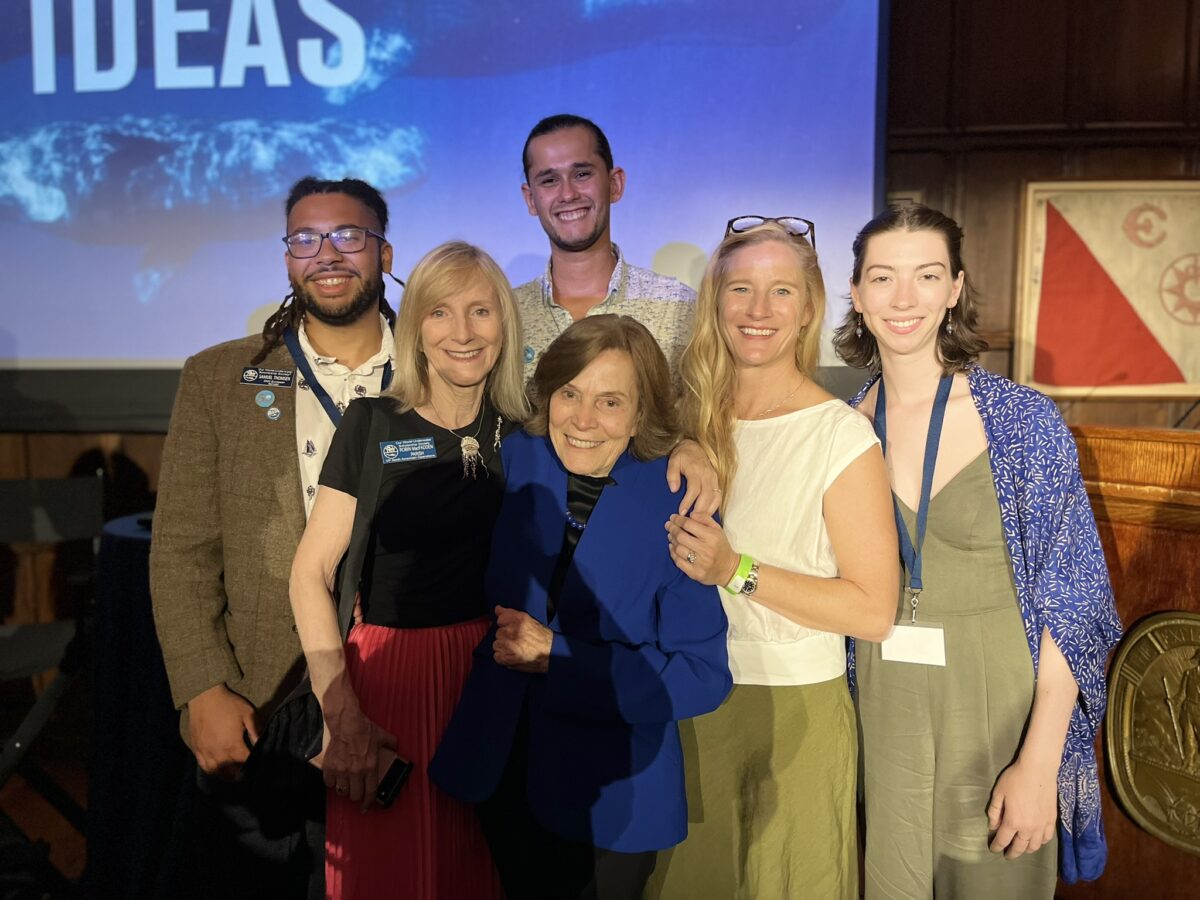
A highlight was meeting the legendary oceanographer, her deepness Dr. Sylvia Earle, who blessed us with her wisdom, knowledge and hope throughout the week. She is truly just as mesmerising as she is on television, and instilled an enormous amount of hope and passion into everyone throughout the week. She has seen the change in biodiversity underwater herself from the 1960s until now, and is incredible at communicating the urgency we face currently.
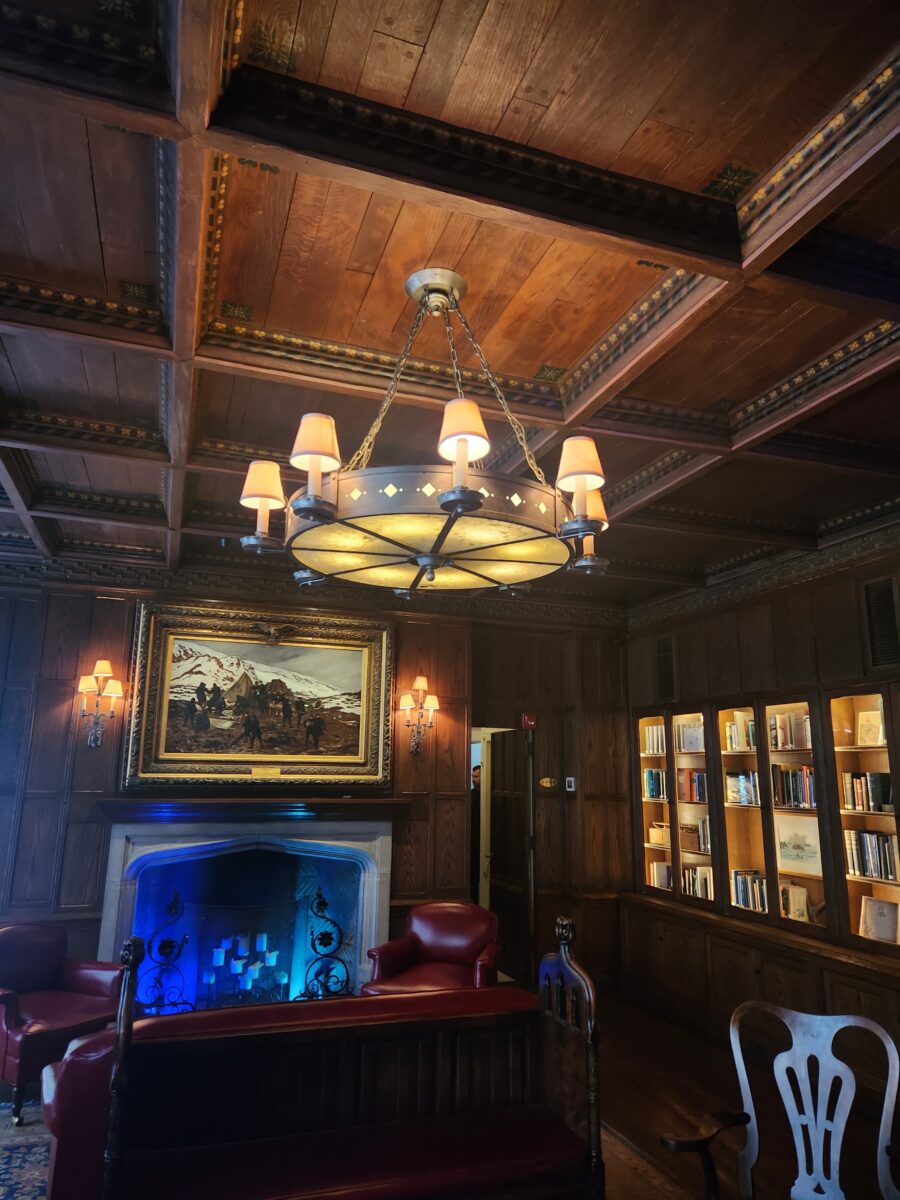
The venue itself was just as interesting as the people inside it. It was my first time visiting the clubhouse of the Explorers Club and I’m honoured to be joining as a member. The club has been a part of some of the largest expeditions in history and is passionate about expedition science in modern society. It was inspiring to see so many artefacts from voyages to outer space, the deep sea and the top of the world.
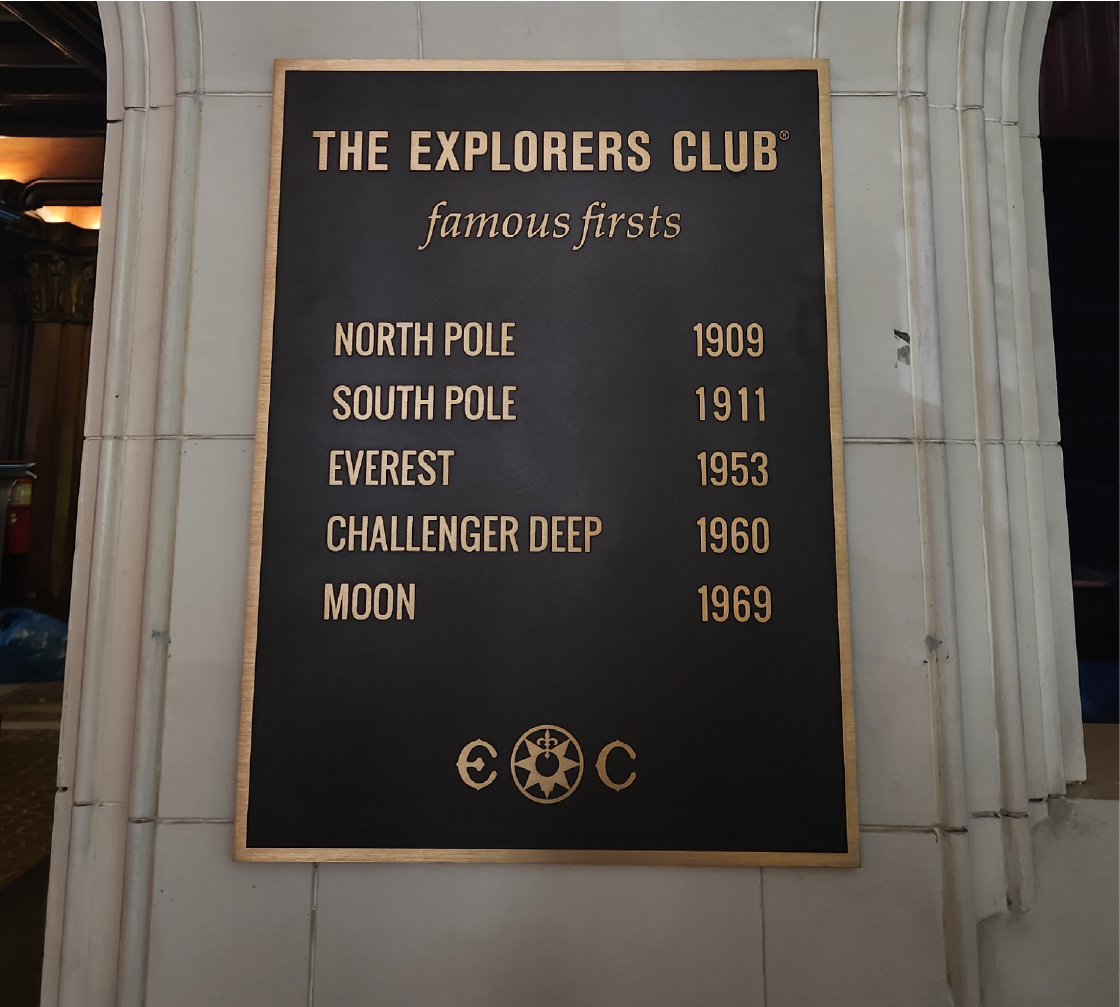
I would like to thank the Explorers Club for hosting us, the Our World-Underwater Society for assisting us in attending, Rolex for the sponsorship and the various people who volunteered their time and resources towards making this event so special for the attendees.